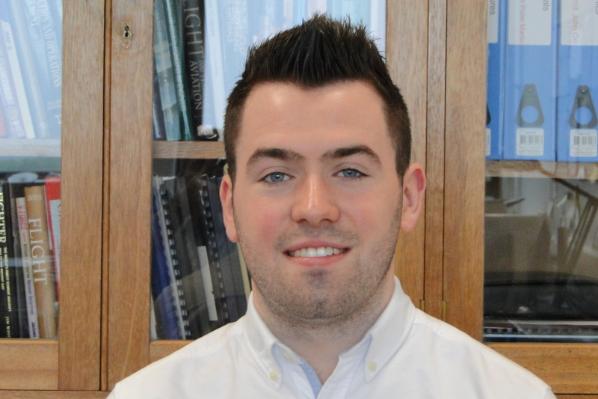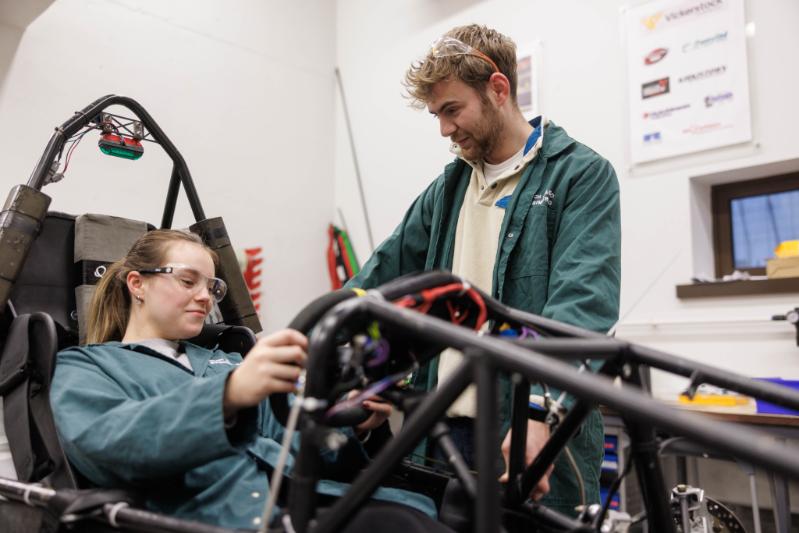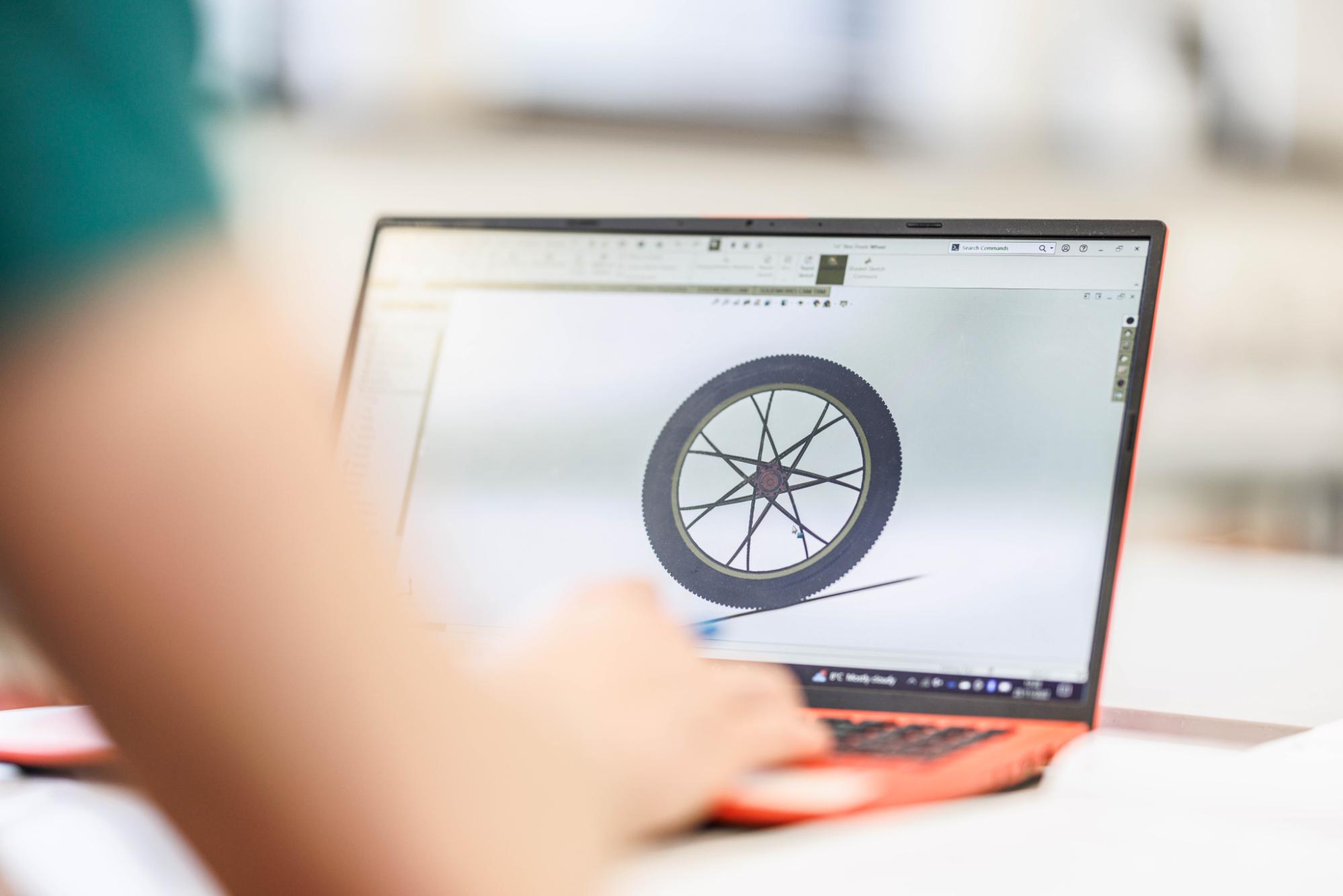Mechanical Engineering
Virtually all man-made products have mechanical features that are designed and developed by mechanical engineers
Virtually all man-made products have mechanical features designed and developed by mechanical engineers, so this degree can open up the door to opportunities across a large number of industries.
Our graduates enjoy success in challenging, rewarding and diverse professional roles, from designing and testing the latest vehicles to developing new sustainable forms of materials. You could go on to tackle some of the biggest eco-challenges of modern society by designing mechanisms to reduce car emissions and fuel consumption or by finding alternative energy sources.

My decision to study engineering was influenced by my interest in problem solving and working with numbers. It was my opportunity to develop skills and technical expertise in the design and creation of products and systems that impact modern day living. Niall Hollywood
BEng Mechanical Engineering
-
BEng in Mechanical Engineering
The 3-year (4 with placement) BEng degree provides a solid foundation in all the basic engineering technologies.
- MEng in Mechanical Engineering
The 4 year (5 with placement) MEng degree extends study to in-depth specialist topics, with the aim of producing future engineering leaders.
Group Activity Based Learning
Students design, build and compete in a small single-seat race car at the annual IMechE Formula Student competition. The team has a long record of success in the competition and has recently moved from internal combustion to electric powertrains. The work is designed to excite and educate in equal measures and to equip our graduates with the skills required for future industry


